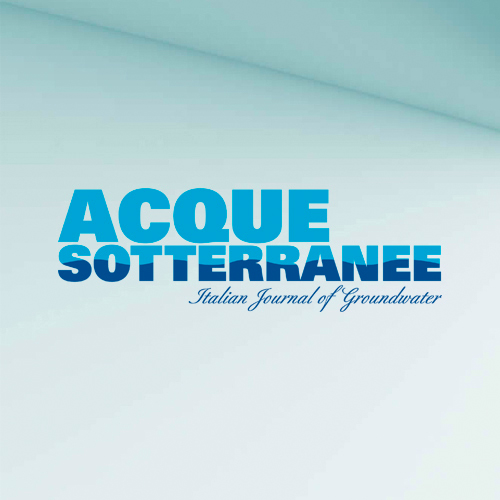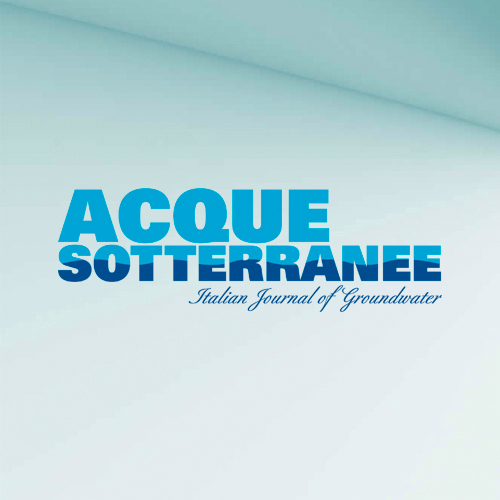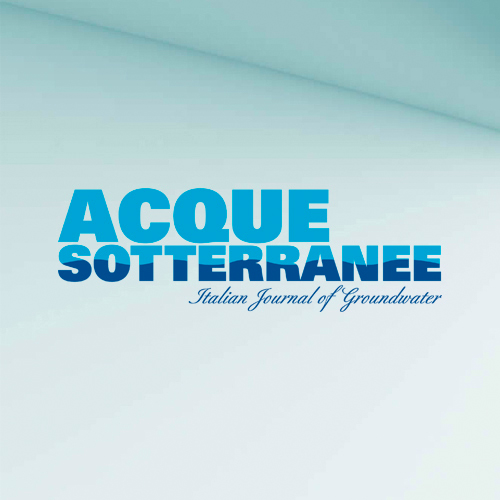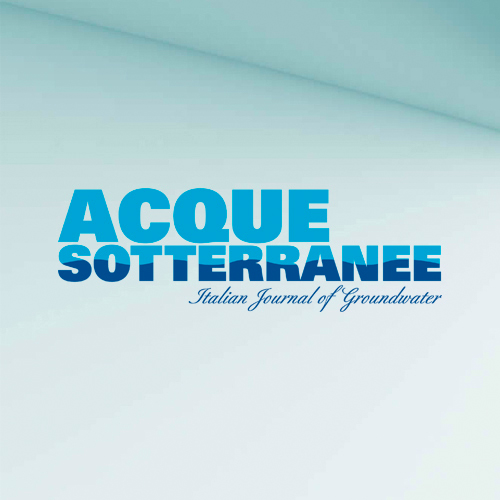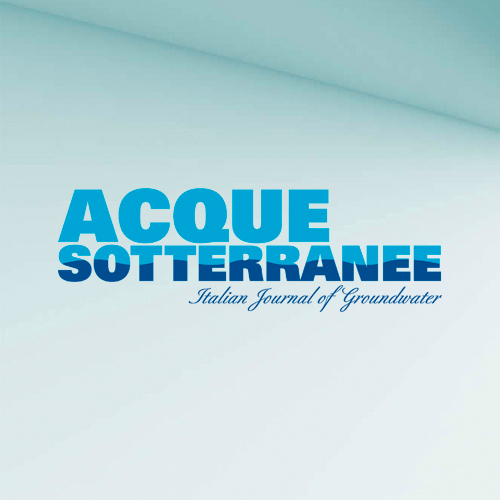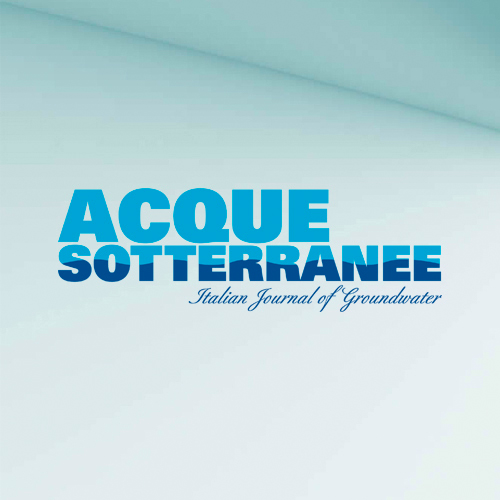Magnesium and groundwater flow relationship in karst aquifers: a tool for exploitation management of springs
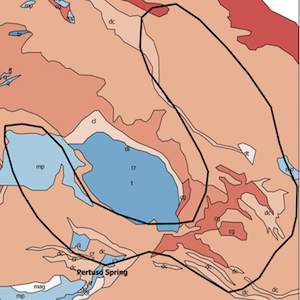
All claims expressed in this article are solely those of the authors and do not necessarily represent those of their affiliated organizations, or those of the publisher, the editors and the reviewers. Any product that may be evaluated in this article or claim that may be made by its manufacturer is not guaranteed or endorsed by the publisher.
Authors
Karst aquifers are characterized by different types of groundwater flow, related to different types of permeability due to the simultaneous presence of matrix, fractures and conduits. The presence of a well-developed karst conduit system leads to a rapid circulation of groundwater within the aquifer and a pulse-type response of the spring flow to the rainfall inputs, with a potential fast transport of contaminants from the hydrogeological basin surface to the discharge zones. Supported by hydro chemical analyses of spring water samples and single discharge measurements, it was possible to develop specific mass balance models, correlating ion content to spring flowrates. Specifically, Mg2+ content revealed a reliable application for spring baseflow separation in karst settings. Once the local model has been set, its conservative behaviour, in mostly limestone-dominant aquifers, allows using Mg2+ as a natural tracer of groundwater flow, distinguishing conduit flow (overflow) and diffuse flow (baseflow) occurrence in the spring outlet, without additional discharge measurements. In karst settings, the difficulty in continuously monitoring the spring discharge values makes this application interesting for exploitation management. This study shows the results obtained for two springs located in Central Italy, confirming that monitoring groundwater quality in karst environments is often the key for successfully characterizing springs and assessing the total yield when direct measurements are not available.
How to Cite

This work is licensed under a Creative Commons Attribution-NonCommercial 4.0 International License.
PAGEPress has chosen to apply the Creative Commons Attribution NonCommercial 4.0 International License (CC BY-NC 4.0) to all manuscripts to be published.








